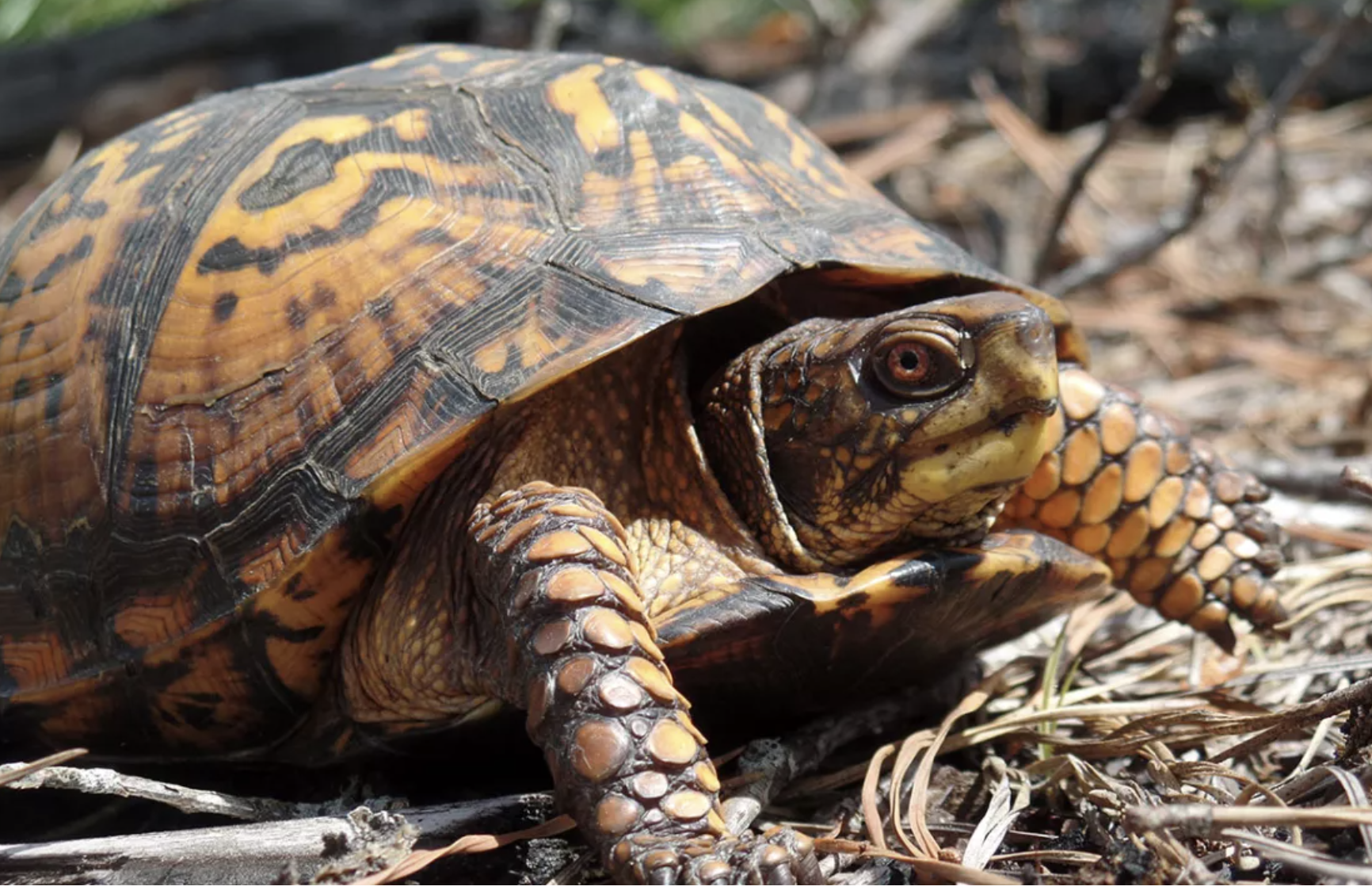The magazine features Associate Professor Meredith Gore and her project with convicted wildlife traffickers investivating online trafficking.
When Yuan Xie was growing up in China, he loved turtles. He had 10 species as pets over the years, and they still fascinate him. Box turtles are his favorite, as their shells are almost "like art." Eventually he became something of a turtle expert.
In 2015, Xie moved to the United States to study computer science. He wasn't all that surprised when an acquaintance, a Chinese turtle dealer, approached him with a proposition: Would Xie help him obtain turtles from the US? As Xie knew, a lot of the pet turtles in China originate here or in Mexico. The man said Xie's job would involve posting online ads seeking various types of turtles, buying them, and arranging to have them shipped to another US intermediary.
To Xie, it seemed simple. In China, buying and selling turtles is no big deal. He could use the extra cash. So he figured, why not? The decision pretty much ruined him.
All told, he helped the dealer obtain hundreds of turtles from various sellers—approximately 134 Florida box turtles, 178 eastern box turtles, 127 North American wood turtles, 220 spotted turtles, 77 diamondback terrapins, 25 three-toed box turtles, seven yellow-blotched map turtles, and one Blanding's turtle. That part was not illegal. But when the turtles were shipped from his then residence in Eugene, Oregon (on their way to their ultimate destination in China), it became a federal wildlife crime.
In 2018, Xie was arrested and charged with conspiracy to smuggle goods out of the US in contravention of the Convention on International Trade in Endangered Species. He pleaded guilty and was sentenced to five years of probation, $15,000 in restitution, and 500 hours of community service. He left his computer science program, got divorced, and sank into a deep depression. He's required to stay in the US until he completes his probation. Once he does, he'll be sent back to China.
Assistant US attorney Pamela Paaso, who handled Xie's case, said federal prosecutors don't typically get involved in the details of community service; offenders work that out with their probation officers. But US Fish and Wildlife investigator Paul Montuori wondered if Xie's knowledge could be turned into a kind of community service. Paaso, in turn, suggested it to the sentencing judge. It was a way, Paaso said, of "ensuring the punishment might align more with the crime."
So instead of picking up trash on the side of the highway, Xie is assisting Meredith Gore, a professor of wildlife conservation at the University of Maryland. Using his expertise, he is showing her how wildlife traffickers and buyers connect online and how the market works. The hope is that Gore and others might be able to identify better approaches for prevention.
So far, two others convicted of wildlife crimes are also assisting Gore's research. One owned a traditional Chinese herbal shop and sold 30 grams of pangolin scales (the weight of about 12 pennies) to an undercover agent. Another bought, sold, and shipped live scorpions to and from Germany and elsewhere without proper permits. "The traffickers," Gore said, "become the teachers." For his part, Xie said that the work has given him purpose.
Gore was a perfect fit for the pilot project. She calls her work "conservation criminology" and takes an interdisciplinary approach, looking at everything from natural-resource policy to enforcement and human behavior. She first got interested in the practical application of research as an intern working at Defenders of Wildlife in the 1990s. Tasked with organizing scientific papers, she remembered being struck by the disconnect between the researchers in the field and the policymakers on Capitol Hill. "Scientists have all this information, and it goes nowhere. It literally goes into a filing cabinet," she said.
Image: A female eastern box turtle. Photo by Gabrielle De Meillon via Sierra Club Magazine.


